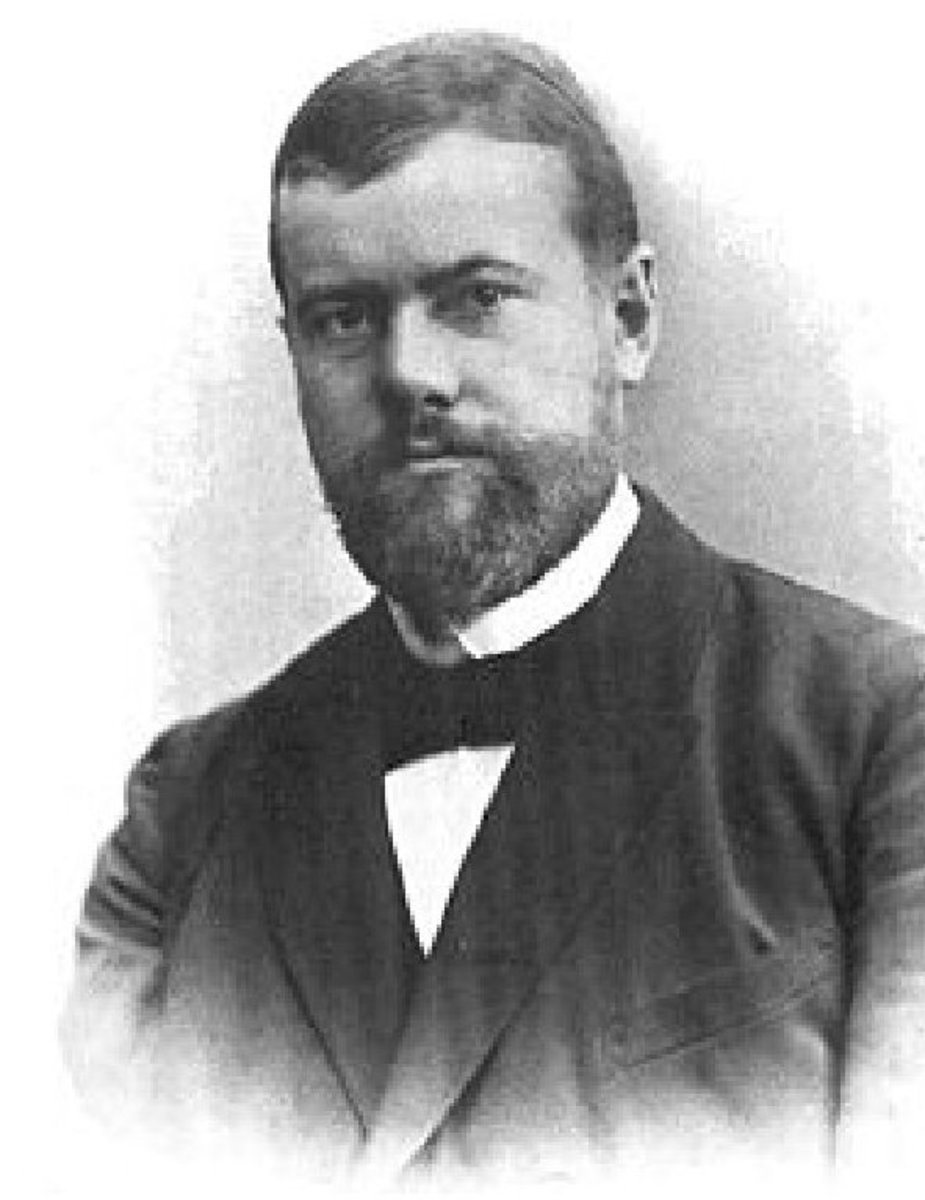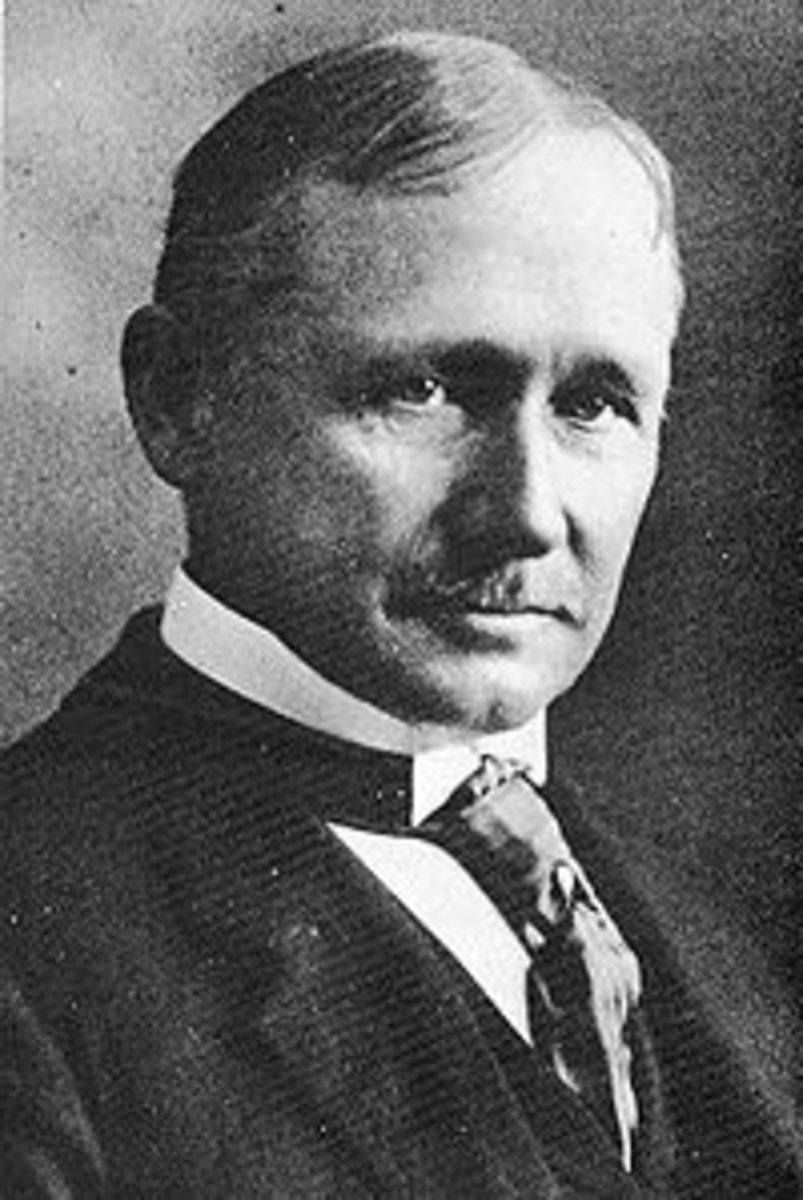Book Review: The 21 Laws of Leadership by John Maxwell- Part II

This is the second part of the review of "Laws of leadership" by John Maxwell.
In the last article, we read the 12 laws of leadership.
In this review, we will read the remaining 9 laws.
13. The Law of Reproduction
A good leader always reproduces himself by producing other good leaders.
Reproduction is a natural thing in leadership.
It is well-known that most leaders came into leadership because another leader encouraged and mentored them into it.
An effective leader always makes it his top priority to raise other effective leaders.
A good leader produces an atmosphere conducive to the growth of new leadership.
He pours out his life into new leadership. It takes a leader to raise another leader.
14. The Law of Buy-in
According to the law of buy-in, people will not buy into any vision if they cannot first trust in the leader who proposes the vision.
The leader has to sell himself first and only then will people buy his vision.
People filter every message through the messenger.
It’s a matter of the credibility of the leader. If he is not credible, people will not buy his vision, no matter how much he tries.
15. The Law of Victory
Effective leaders always lead their teams to victory.
They use all the resources at their disposal to ensure that their team wins.
Good leaders are at their best under hostile circumstances. Adversities bring out the best in them.
They take their team from defeat to victory. They use all their knowledge, skills, and experience to lead the team victoriously.
An effective leader never gives up under any circumstances. He stays his ground firmly supporting his people all the time.
16.The Law of the Big Mo
Momentum is an effective leaders’ best friend.
Only leaders can create momentum. Managers can just manage momentum.
Momentum is easier to maintain than to start. Good leaders know how to start momentum.
Momentum can bring about change very quickly.

17.The Law of Priorities
Good leaders understand that all activities will not result in productivity.
They have learned by experience that there are many activities that do not contribute to the organizational goals.
Every great leader has learned the secret of prioritizing.
They never give themselves to activities that are futile.
Everything they do is intentional and on purpose.
They know that giving priority to the important tasks is very important in the accomplishment of their goals.
They never let the important suffer at the cost of the urgent.
Most leaders don’t know how to distinguish the urgent from the important.
Thus they end up giving time and energy to the urgent and hardly touch the important things.
A wise leader knows how to put the urgent things on the back burner if they are not important.
18.The Law of Sacrifice
A leader must be willing to sacrifice whatever is needed to help his followers or his organization.
True leaders always live sacrificially.
This spirit of sacrifice is a continuous thing. A good leader is ready to pay the price.
He understands that leadership means sacrifice. He is the first one in the office and the last one to go.
He is always there no matter what. His team can always count on him.
He lives away from his comfort zone all the time.
A good leader knows that leadership means sacrifice.
He also has understood that the more he goes up, the more he will have to sacrifice.
The good leader knows that to go up, he must give up.

19. The Law of Timing
According to this law, doing the right thing at the right time is vital for achieving success.
The leader is aware of the right time to do the right thing.
He is also aware that the right action at the wrong time will result in disaster.
He has mastered the art of doing the right thing at the right time.
When the right leader and the right timing come together, amazing things happen.
20.The Law of Explosive Growth
This law of leadership simply states that good leadership always results in explosive growth.
A good leader does not just produce followers but leaders who are the reason for explosive growth.
Leaders produce leaders who produce more leaders. This causes huge and rapid growth.
Leaders who develop leaders, cause tremendous growth in the organization. Such growth cannot be achieved by any other means.
21.The Law of Legacy
According to the law of legacy, a great leader is one who leaves behind a succession in terms of more leaders.
A leader's value is measured by his succession.
His value is not just measured in what he did or even what his team achieved.
It is judged according to the legacy he leaves behind.
This legacy is about how many leaders you produce to take the mission forward.
I hope that these 21 laws of leadership have added to your knowledge.
I believe these will help you to become a great leader. It will also help you produce great leaders.
This content is accurate and true to the best of the author’s knowledge and is not meant to substitute for formal and individualized advice from a qualified professional.
© 2020 Nitin Khaire








